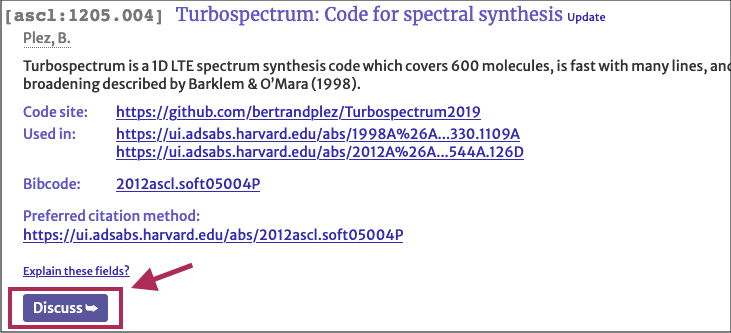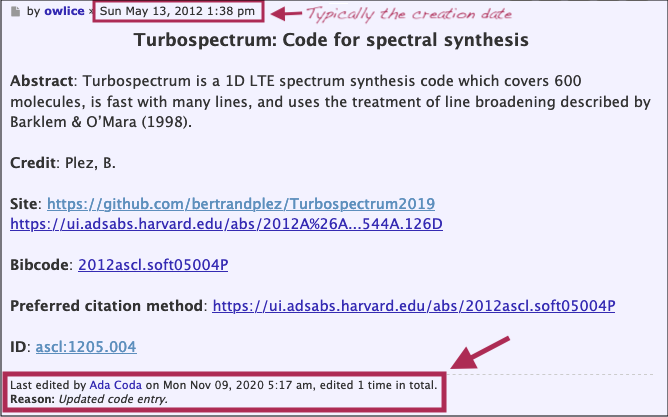What, do you suppose, are the chances of getting a code that was used in a paper published in 1990? Especially when that 1990 article is, so far as I could tell, the only one that mentions this code by name? I had the opportunity to ponder these questions while working on our NASA ADAP project this past week, when I searched for research that used a code called PFITS that is listed in code.nasa.gov.
In searching the ever-wonderful ADS, I found there are numerous unrelated codes called PFITS; one of these was used in a 1990 paper. And this is what made these questions about a code used 31 years ago come to mind. A long shot, right? But since the magical Google made it easy for me to find the author’s email address (the first hit!), and even though this wasn’t the code I’d been researching, I sent off a quick missive: “I know this is a long shot, but I write to ask if you know whether PFITS is still available somewhere (anywhere!) or who else I might ask about this program.”
The author, Andrew McWilliam, wrote back within the hour (!), saying that it was possible that he had the code (!!) and would check(!!!), this after saying that he’d thrown away most of his old magnetic tapes, but kept a couple as souvenirs, and had even copied one or more of the mag tapes to disk. I was astonished, and, later that same day, was even more astonished when I received a tar file of the code! This totally made my day; I sat at my desk chortling, laughing, just flat-out amazed. Andrew included some history, and noted that he transferred this Fortran code from mag tape to disk on September 5, 2000.
So I almost didn’t even care what else happened with the ASCL this past week, because nothing could possibly compete with Andy’s kindness and swiftness in looking for PFITS and the coolness, the astonishment, of getting that code! Thank you, Dr. McWilliam!!!
But still, we did do some other things this week. Our staged (unpublished) entries grew by three and five code entries were published (two of these submitted by their authors). Another code was submitted by an author; we await some additional information on it. Eight random daily code posts (for Facebook and Twitter) were scheduled out through May 1, and 24 entries were curated and updated. In SciCodes news, a few members of the consortium got together on Friday for a writing sprint, and in the middle of that, I took ten minutes for a quick meeting with Malin Sandström from INCF. I’m attending some of the INCF Neuroinformatics Assembly, which started last week and continues this coming week. This Monday, I’ll be in Session 11: Towards neuroscience-centered selection criteria for data repositories and scientific gateways, backing up Tom Morrell as he presents on “Developing the best practices for research software registries and repositories.” I’ll also continue work on closing out our ADAP project.


